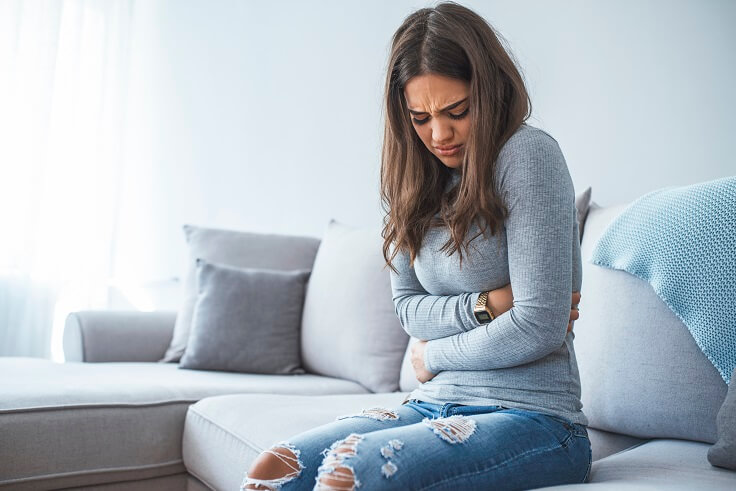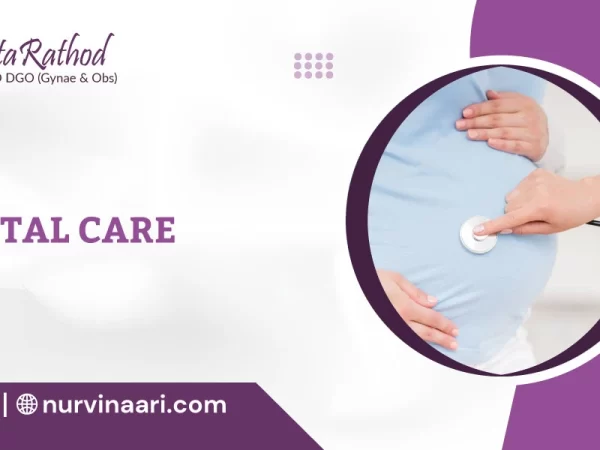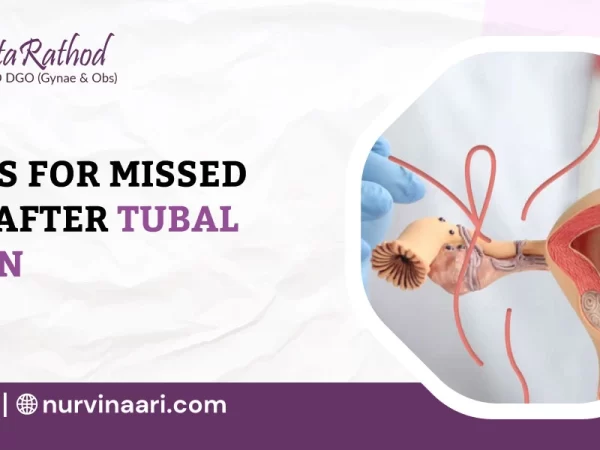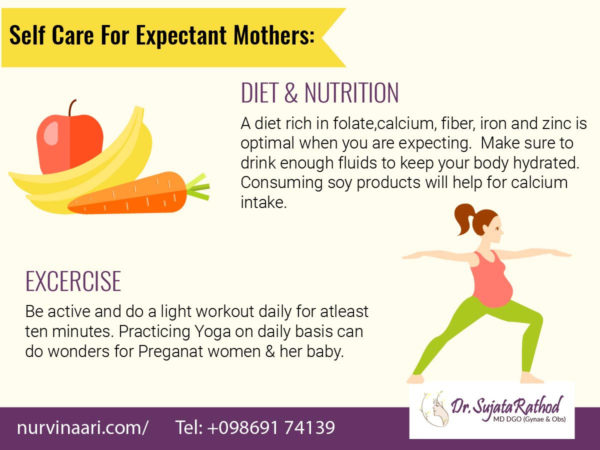Teenagers to menopausal women all need to visit gynaecologist some or the other time. Here’s is the breakdown of what to expect during your visit to your gynaecologist.
Visit Gynaecologist for early years from menarche to age 21
In this age group it is more of a conversation and consultation with gynaecologist than an examination. in most cases a pelvic examination is not necessary for the young girls. we talk with young women in this age group about their menstrual history, about contraception and about sexually transmitted infections. regardless if the patient is sexually active or not it’s important to
empower the young women with the knowledge that they need to protect themselves from infections and unplanned pregnancy we also discuss the HPV vaccine and home breast examination with this young age group patients
Gynaecologist for the” family planning” years ages 22 to 44.
Majority of the patients in this stage group are interested in pregnancy prevention or becoming pregnant. here we discuss with them about contraception options fertility options, pre conception counselling and what may work best for them in their lifestyle and stage of life. We usually perform pelvic examination during the visit.
For women who are planning on becoming pregnant we also take an collaborative approach to see if genetic counselling or screenings are indicated if there are medical issues to consider such as high blood pressure or diabetes we can try to correct or improve those issues prior to pregnancy
Starting at age 30 it is recommended that women start getting tested for HPV infection. HPV is common among this age group and often has no symptoms. some strains of HPV can cause cervical cancer ,genital warts if left untreated .there is now when HPV vaccine that children should begin to receive at a younger age typically around age 9 but many women in that thirties have not received it as a child .vaccine is now suggested up to the age of 45
Gynaecologist for menopause ages 45 to 54
in this age group many women have irregular or heavy periods are hormones maybe fluctuating leading to typical menopause symptoms such as night sweats mood swings and hot flashes
This is also the age when most women should have regular screenings like mammograms, bone density screening ,pap smears .
Age 55 and onwards
In this age range women offer encounter more issues with hormone changes. Vaginal dryness decrease sexual desire of an become concerns so here we discuss the treatment for these in issues including counselling if needed As a woman enters a 60 s there is more concern about ageing issues causing irritation of painful symptoms like lot of vaginal itching, irritation because of skin dryness. This can be treated with hormone creams and
Thus regular obstetrician visit is necessary for all age group women



